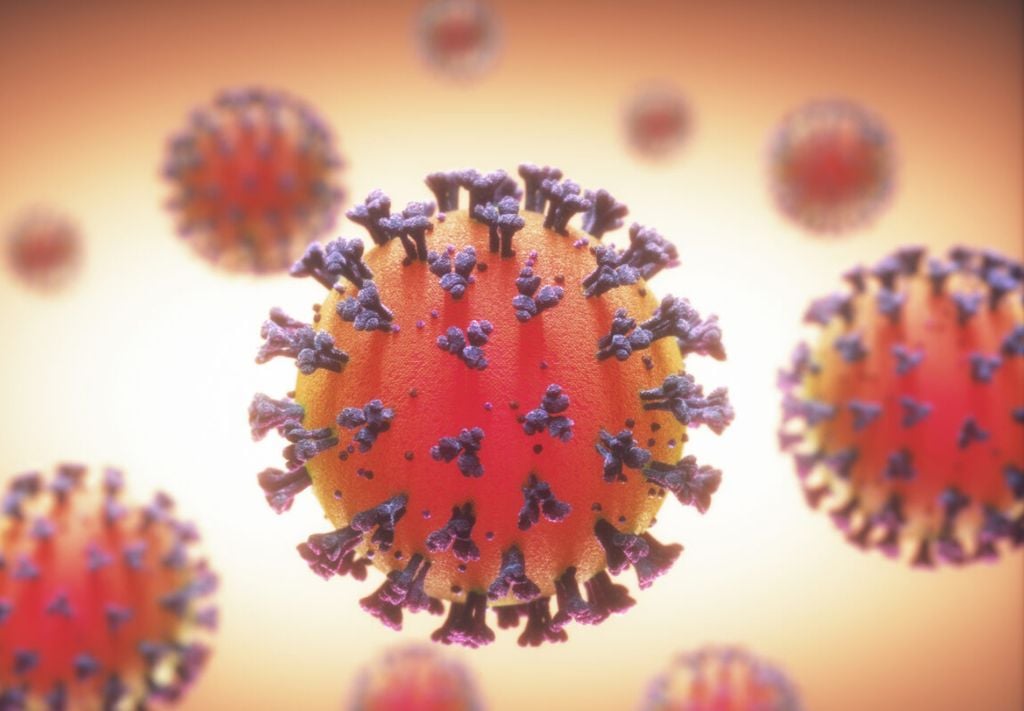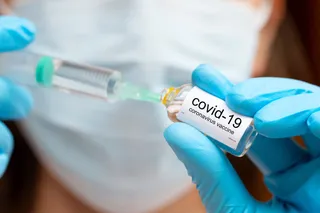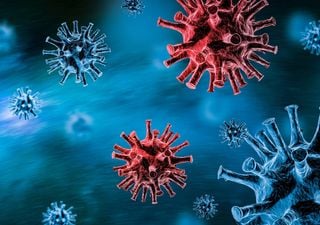Scientists discover antibody that protects against all variants of COVID-19
COVID-19 is a respiratory infection that emerged in 2019 and subsequently several variants appeared, raising concerns. Now, scientists have discovered a new antibody that is capable of neutralising all variants.

Covid-19 is an acute respiratory infectious disease caused by the SARS-CoV-2 coronavirus, which is highly transmissible and has global distribution. On 11 March, 2020, Covid-19 was characterised by the World Health Organization (WHO) during the pandemic.
Since then, several variants of the virus have emerged, each with its own specific characteristics, and many have become more resistant to vaccines and other treatments.
Now there is some hopeful news: scientists have discovered a new antibody that is capable of neutralising all known variants of SARS-CoV-2, the Covid-19 virus. See more information below.
New antibody sheds light on the disease
The discovery was made by researchers at the University of Texas (UT), in Austin, and recently released in an article in Cell Reports Medicine. They even filed a patent application for the discovered antibody.
In addition to neutralising all known variants of Covid-19, the antibody also fights distantly related SARS-like coronaviruses that infect other animals (such as SARS-CoV).
Called ‘SC27’, the broadly neutralising plasma antibody was discovered in a single patient. Using technology developed over several years of research into antibody responses, researchers have obtained the exact molecular sequence of the antibody.
This has opened up the possibility of manufacturing it on a larger scale for future treatments. The antibodies bind to the ‘spike’ protein, which acts as a docking point for the virus to attach itself to and infect cells in our bodies. By blocking this protein, the antibodies prevent this interaction and therefore also prevent infection.
In this way, SC27 identified the different characteristics of the spike proteins in the many variants of COVID-19. The technology used to isolate the antibody, called Ig-Seq, gave researchers a more detailed look at its response to infection and vaccination using a combination of single-cell DNA sequencing and proteomics.
In addition to this discovery, the researchers also found that hybrid immunity—a combination of infection and vaccination—offers greater antibody-based protection against future exposure compared to infection or vaccination alone. William Voss, lead author of the study, commented that “a goal of this research, and of vaccinology in general, is to work toward a universal vaccine that can generate antibodies and create an immune response with broad protection against a rapidly mutating virus.”
Reference of the news:
Voss, W. N. et al. Hybrid immunity to SARS-CoV-2 arises from serological recall of IgG antibodies distinctly imprinted by infection or vaccination. Cell Reports Medicine, v. 5, n. 8, 2024.








